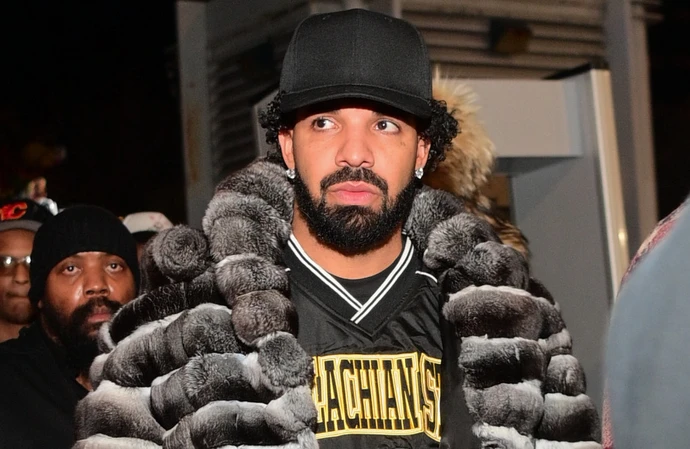Drake and 21 Savage settle lawsuit with Vogue publishers after being sued for 4m
Drake and 21 Savage have settled their lawsuit with Vogue magazine's publishers, Conde Nast, after being accused of using the fashion bible's name without permission to promote their album.

Drake and 21 Savage have settled their lawsuit with Vogue magazine's publishers.
The pair were sued by Conde Nast last November for at least $4 million in damages for allegedly using the fashion bible's name without permission to promote their album 'Her Loss', and earlier this week, the two stars agreed to pay the company an undisclosed sum before the case went to court, TMZ reports.
In the lawsuit, Conde Nast argued the musicians' publicity campaign was build "entirely" on the unauthorised use of Vogue trademarks and false claims they would appear on the next cover of the publication with the "love and support" of editor-in-chief Anna Wintour.
A complaint filed in Manhattan federal court accused the pair of having exploited the “tremendous value that a cover feature in Vogue magazine carries” and added: "All of this is false. And none of it has been authorised by Conde Nast...
"Vogue magazine and its Editor-in-Chief Anna Wintour have had no involvement in 'Her Loss' or its promotion, and have not endorsed it in any way.
“Nor did Condé Nast authorize, much less support, the creation and widespread dissemination of a counterfeit issue of Vogue, or a counterfeit version of perhaps one of the most carefully curated covers in all of the publication business.”
The publishers said Drake and Savage created a fake issue of the magazine which was distributed in major metropolitan areas, accompanied by posters that mimicked Vogue’s layout.
They argued this resulted in "unmistakable" confusion among members of the public, including media outlets which hailed the pair as the magazine's "new cover stars".
After the lawsuit was filed, a federal judge issued a temporary restraining order blocking all current and future displays of the spoof publication.







